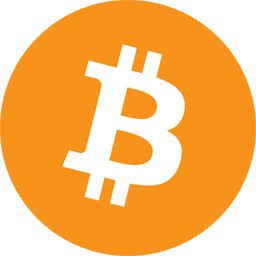

Then, all definite person copies of the ledger are submitted to the checking account owner to mirror into the landlord’s ledger. Obviously, only one source is able to coming into data into the master ledger. This creates the trouble of which ledger can be chose as final. In other words, “Whose data and calculations should be relied on as accurate?” Determining which ledger is proven as accurate is the basis for the blockchain technique. BitCoin is a procedure of validating electronic transactional data in the course of the use of a whole bunch of computers, called Miners, to perform individual calculations to choose the reliability of the data. This procedure will rely on blockchaining by dispensing BitCoin’s money supply to miners who help validate and secure the community.
As a reward they get hold of newbitcoins which can be being created in the process. Thus they are called miners. Miners manner all the transactions in the bitcoin network. To method atransaction the appearing miner must solve a stressful mathematical equation. Thefrequency of new bitcoins created is described in a formula which was decided inthe Bitcoin whitepaper. Currently every 12 mins 12.
" a contributor of the venture explained to me.
For illustration, you should acquire a pizza in one transaction, then create an alternative transaction and use an analogous bitcoin to buy some beer. If you insert both of these transactions in to a whole lot of ends of the community at a similar time, some computers gets the pizza transaction first, and a few desktops gets the beer transaction first. Who should get the bitcoin?Both of these transactions can’t be written to the file, as that might be a “double spend”. Still, we have got a neighborhood of pcs with conflicting transactions on them, and no single computer is reliable. So how can we elect?Bitcoin solves this problem via a system called “mining”. Instead of writing all new transactions on to the blockchain and writing double spends on to the file, all new transactions get held in a ready area called the “memory pool”. From here, each computer can assemble the transactions from their memory pool in to a “block”, and check out to add this block of transactions on to the blockchain. Whoever adds their block on to the blockchain first comes to a call which transaction makes it. So here is where the competitors starts…Each computer starts by inserting their block every block is quite a lot of via what’s called a “hash functionality”. This hash function takes in a block, and scrambles it to supply a random number from it. Unusual, I know, but here's what hash functions do.
Second, the argument in regards to the capacity to expand supply is pretend. There were a complete bunch and even hundreds of literal bitcoin clones accessible. But they all have failed. All of them. Without some form of differentiating feature, bitcoin clones fail. And it is easy to see why. Because they are just like bitcoin, with the drawback of being less liquid, bitcoin dominates. But something is completely clear here: The luck of bitcoin has provoked thinkers around the globe to redefine the concept of cash. Let's try this first before that includes an opinion. Real money stores labor so it may be transported across space and time. that's why money that required no labor to provide is not a reliable store of shopping for power.